A young woman tried to write a letter to her dying father.
She meant to say everything. (more…)
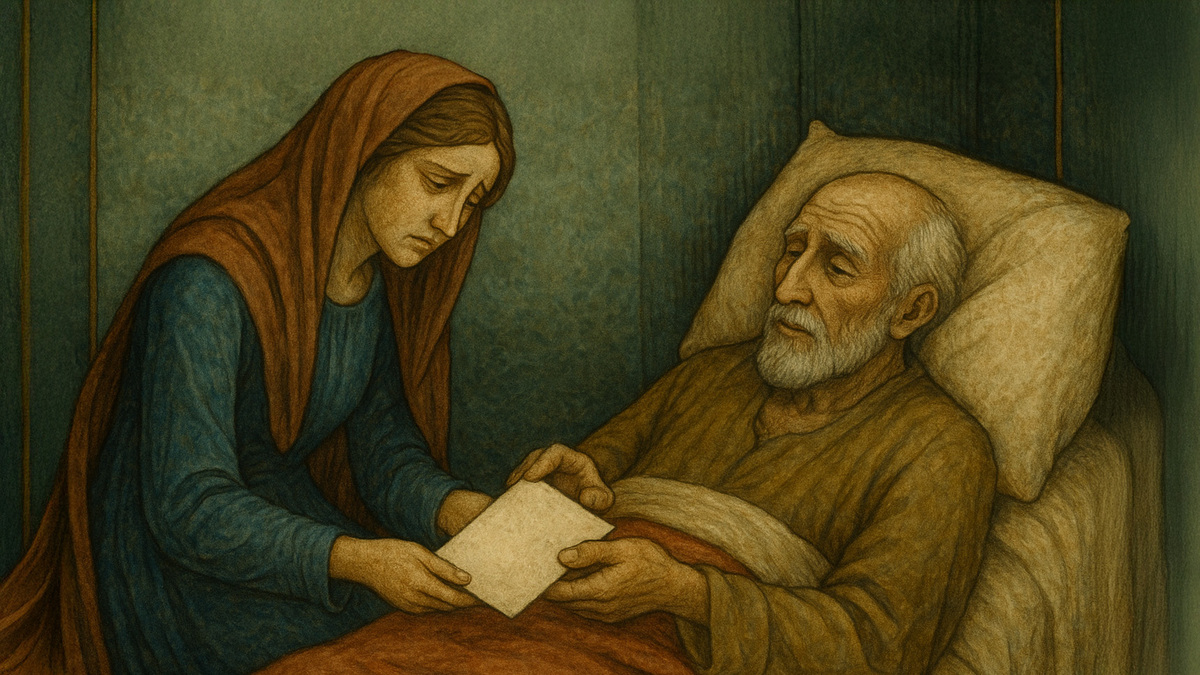
A young woman tried to write a letter to her dying father.
She meant to say everything. (more…)
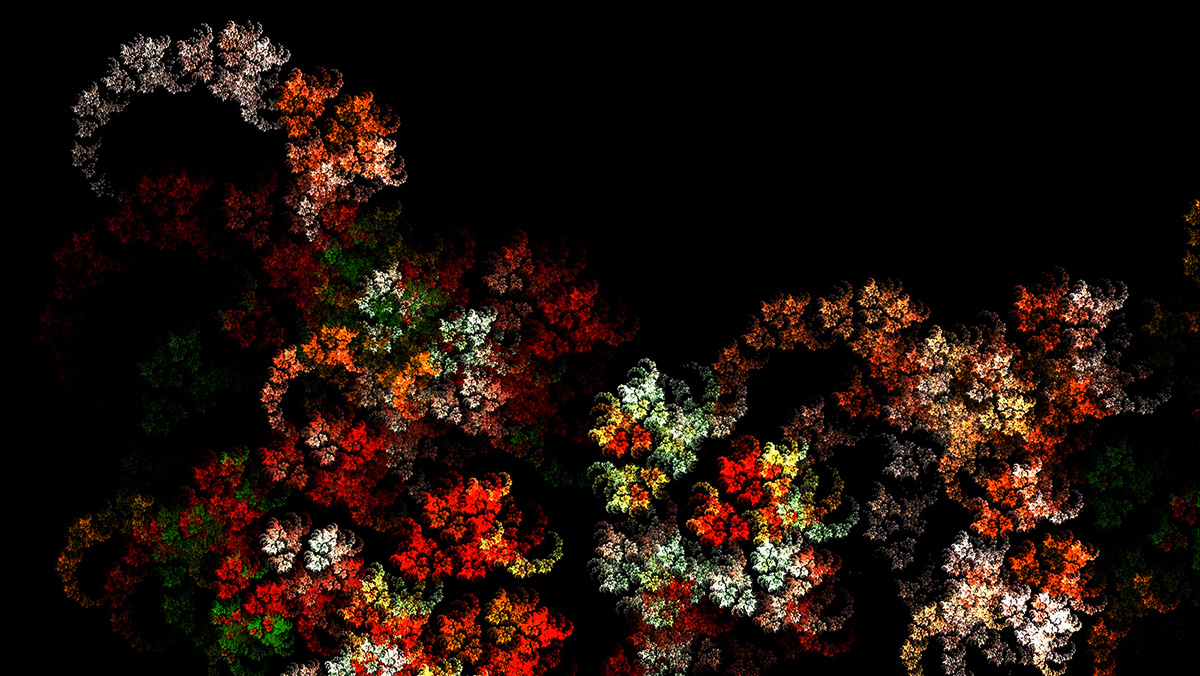
What grows in the quiet spaces between thoughts?
This is The Garden of Perhaps — a contemplative video with original music, and a poetic reflection.
(more…)
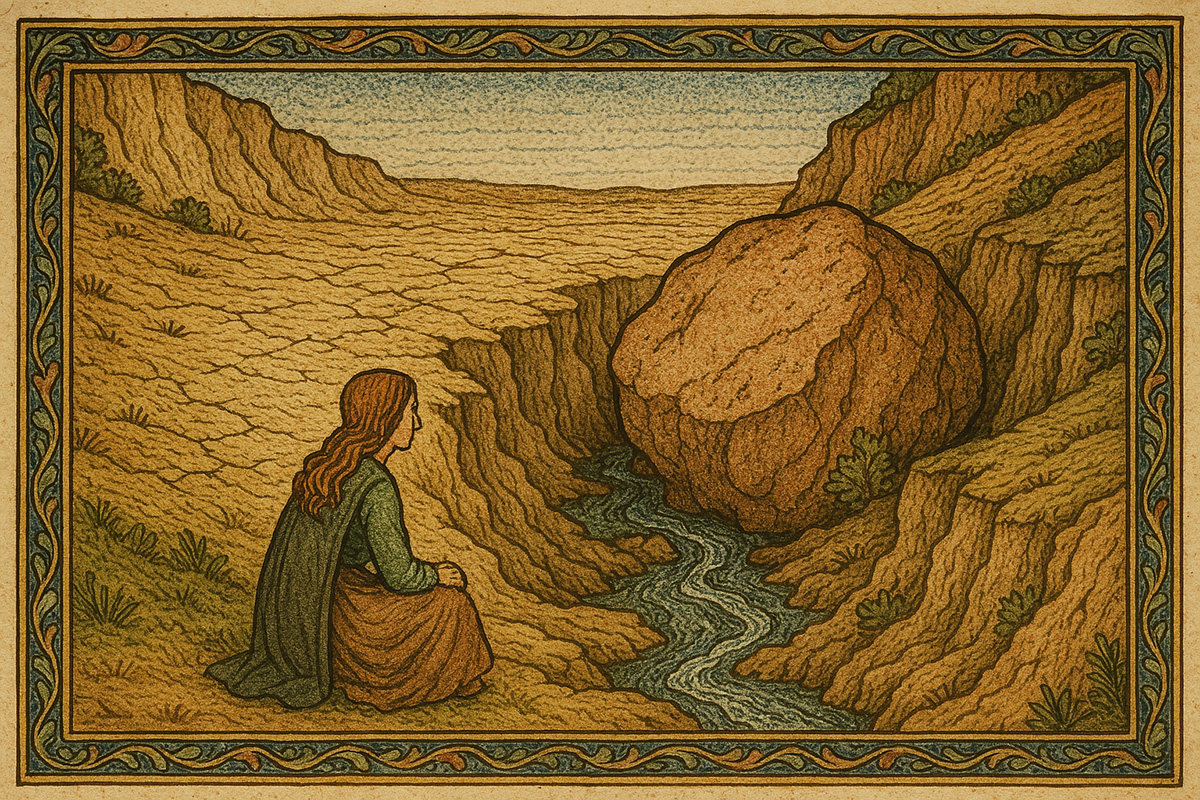
MP3 Narration with Music:
The drought had lasted longer than anyone in the village could remember. Cracked earth stretched as far as the eye could see — the fields brittle and gray. The stream—once lively and clear—was now a mere trickle, barely enough to fill cupped hands. (more…)
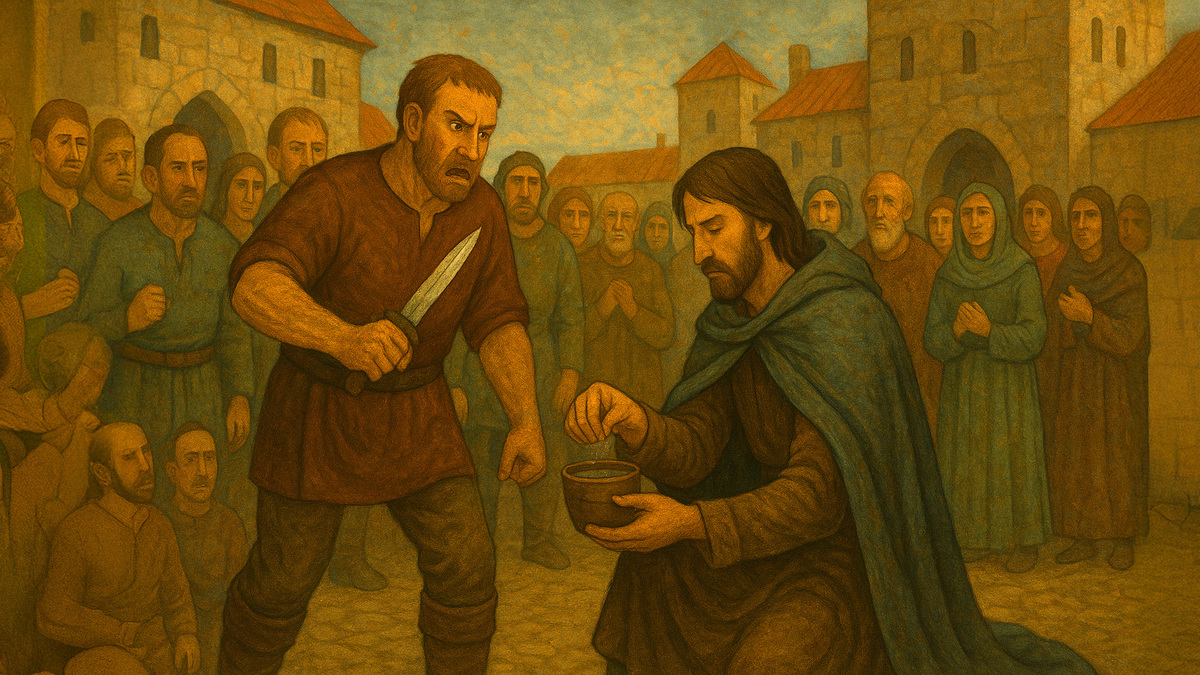
Sorin was mending fishing nets when he heard the first shouts of anger. He turned toward the square and saw Marek storming forward, fists clenched. Marek, whose rage had been boiling for weeks after his younger brother was found murdered along the road.
A crime with no culprit. Not even any clues.
And now, a foreigner had arrived. (more…)
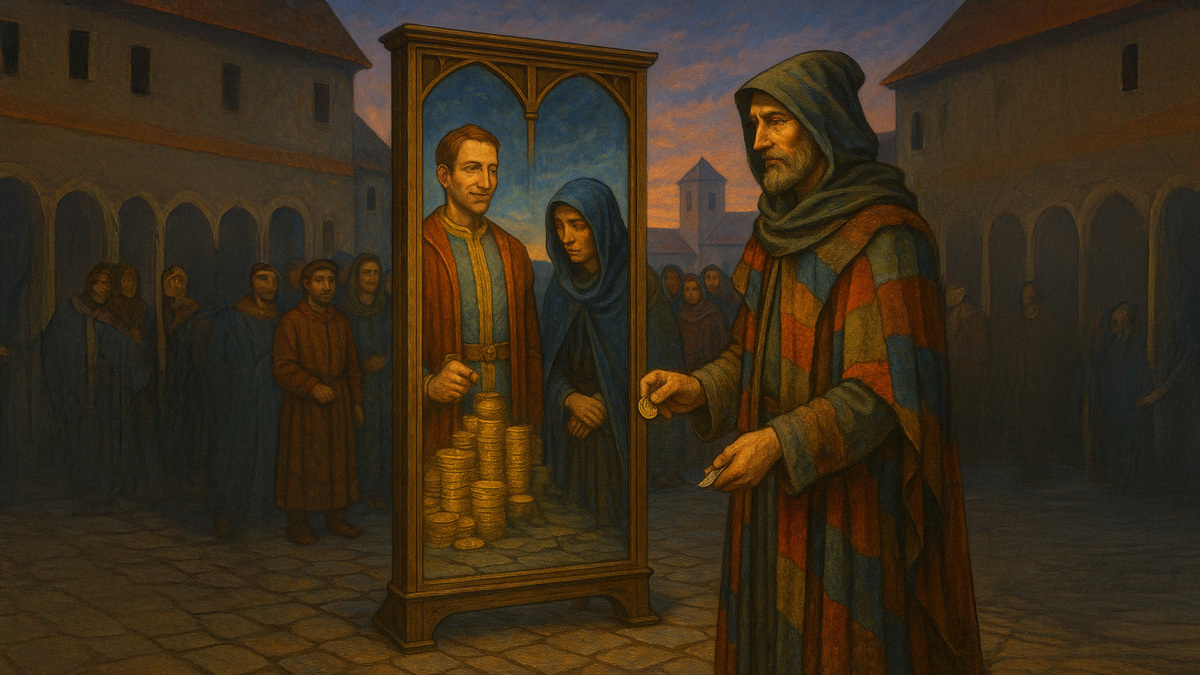
At dusk, as the last rays of sunlight painted the town square in gold and violet, a traveler arrived. He wore a cloak woven from mismatched fabrics, each patch a different color, and his sharp eyes glimmered with something between amusement and knowing. He carried little, save for a tall mirror framed in wood so aged it seemed as if it had always been there. (more…)
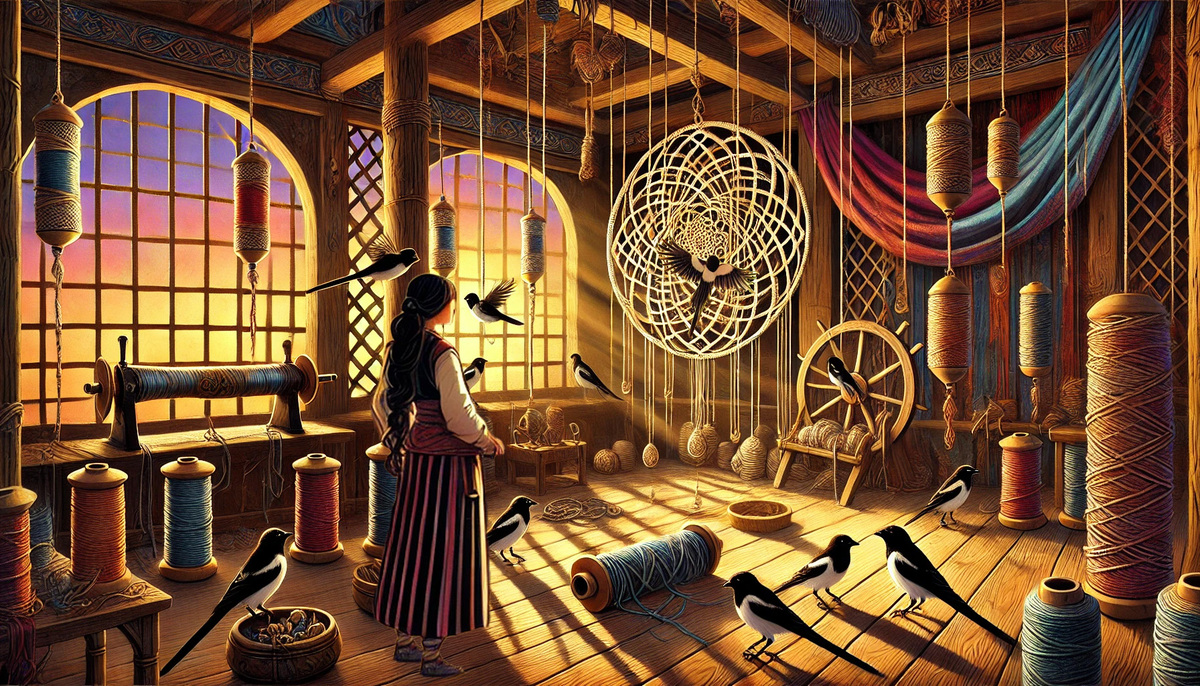
In the desert city of Lenar, there was a rope-maker named Jaya who crafted the strongest ropes in the region. Her ropes secured merchant caravans, anchored desert sails, and even hoisted the palace’s golden chandelier. But for all her skill, Jaya had one relentless enemy: the sand magpies. (more…)
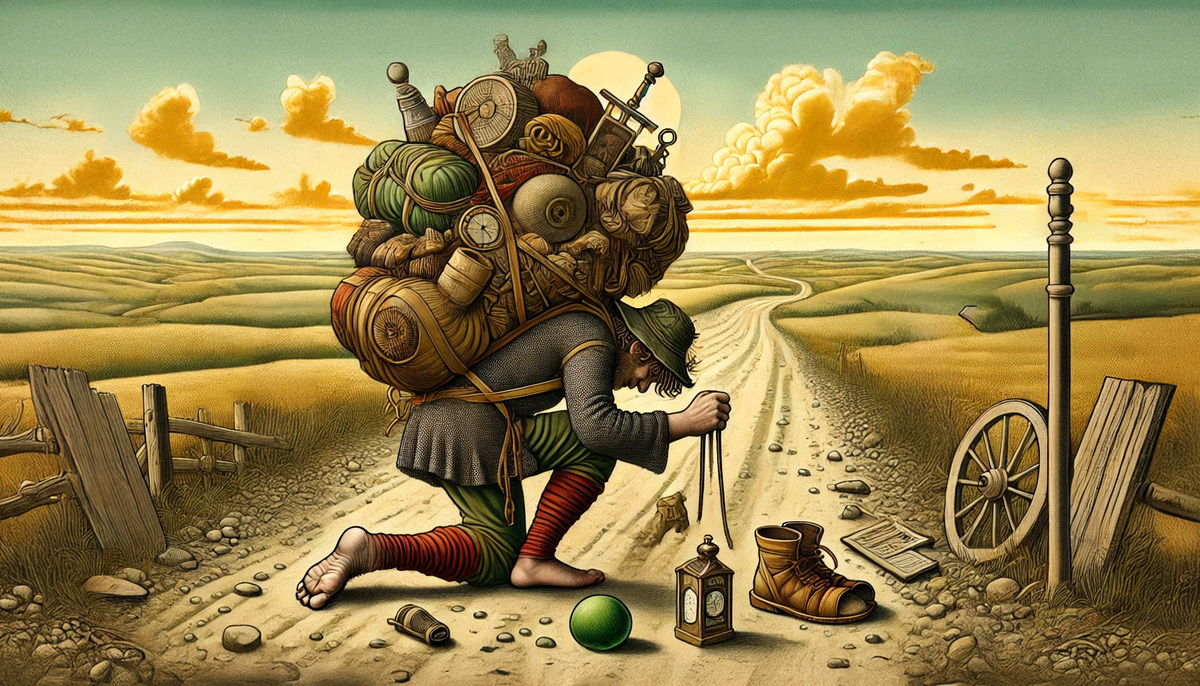
Once upon a time there was a traveler journeying to a far country. One day he tripped over a green rock. “I must bring this rock with me, to remind me to never trip over another like it.”
So he put it in his knapsack. (more…)
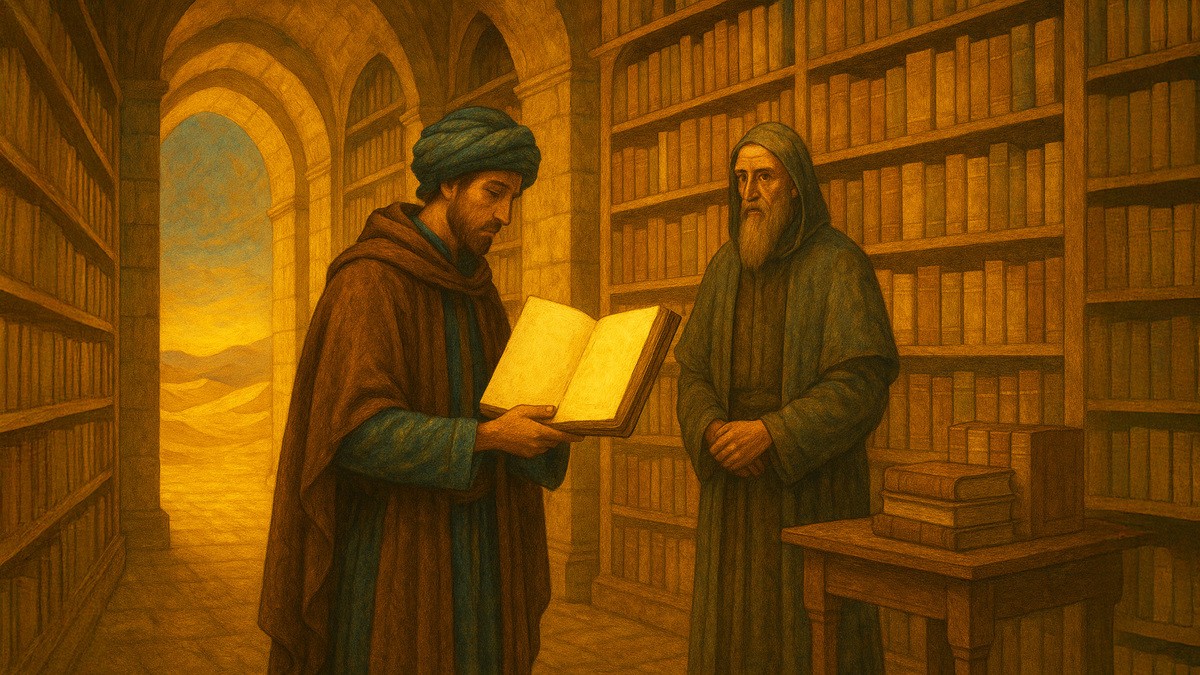
The traveler arrived at the edge of the desert just as the sun dipped below the horizon, painting the dunes in gold and violet. He had followed rumors, whispers of a place where all the world’s unwritten stories lay waiting. He had no map—only the belief that he would know it when he saw it. (more…)
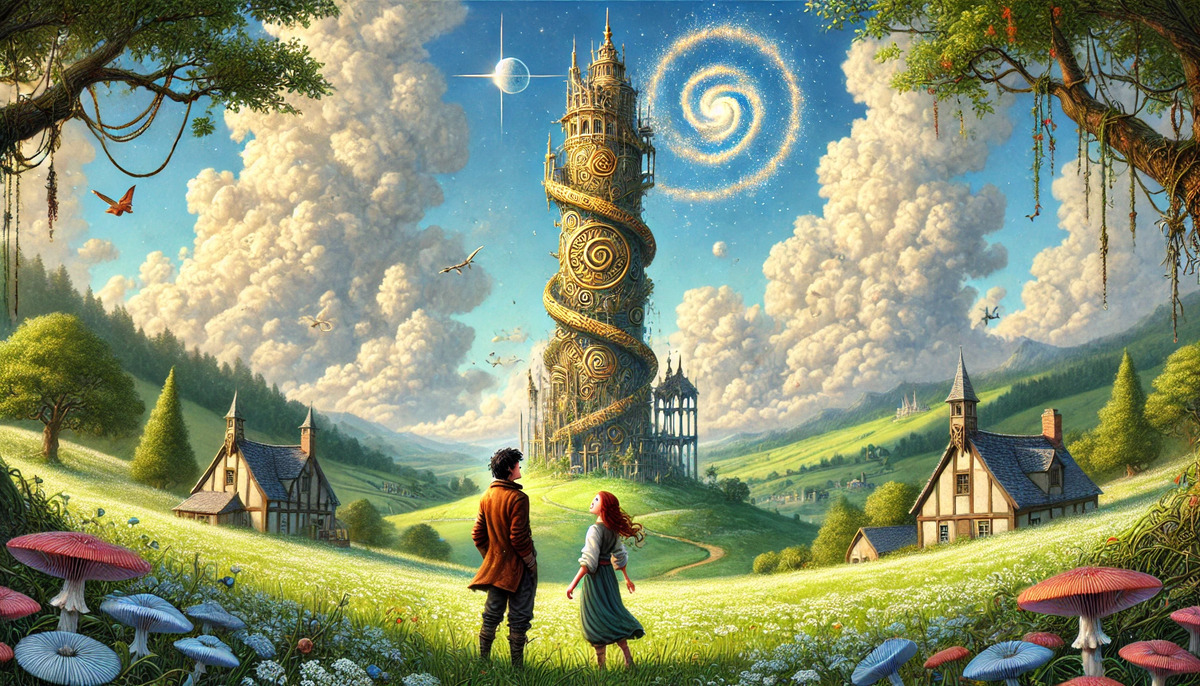
In the small village of Elmbridge, nestled between rolling hills and dense forests, there lived a boy named Corwin. From the moment he could talk, it was clear he saw the world differently. While other children played games of chase or tended to their chores, Corwin would lie in the fields, gazing at the clouds, imagining them as floating castles or great beasts. (more…)
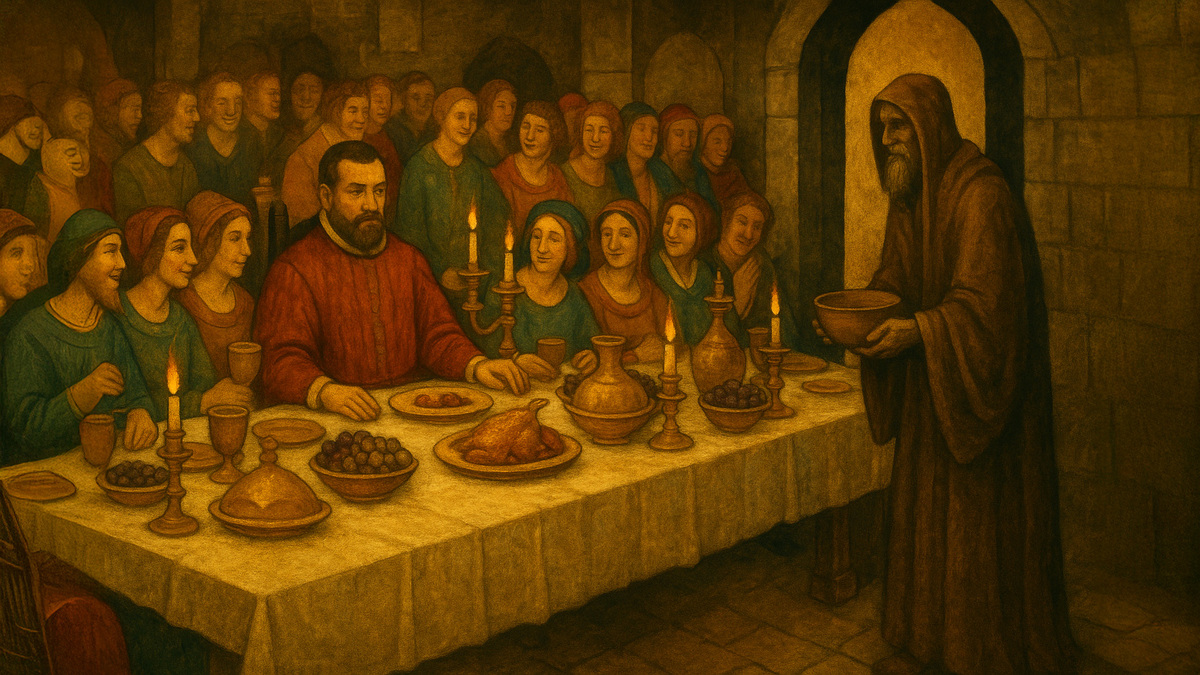
Orvin sat at the head of the long, polished table, the golden candelabras casting trembling light over the spread of meats and wine, sugared fruits, and spiced bread. A hundred guests laughed and murmured around him, their plates piled high, their goblets brimming with honeyed wine. Outside the great hall, the hounds waited to be loosed, their evening feast composed of whatever the guests could not finish.
And beyond the hounds, in the dark, stood the beggars. (more…)